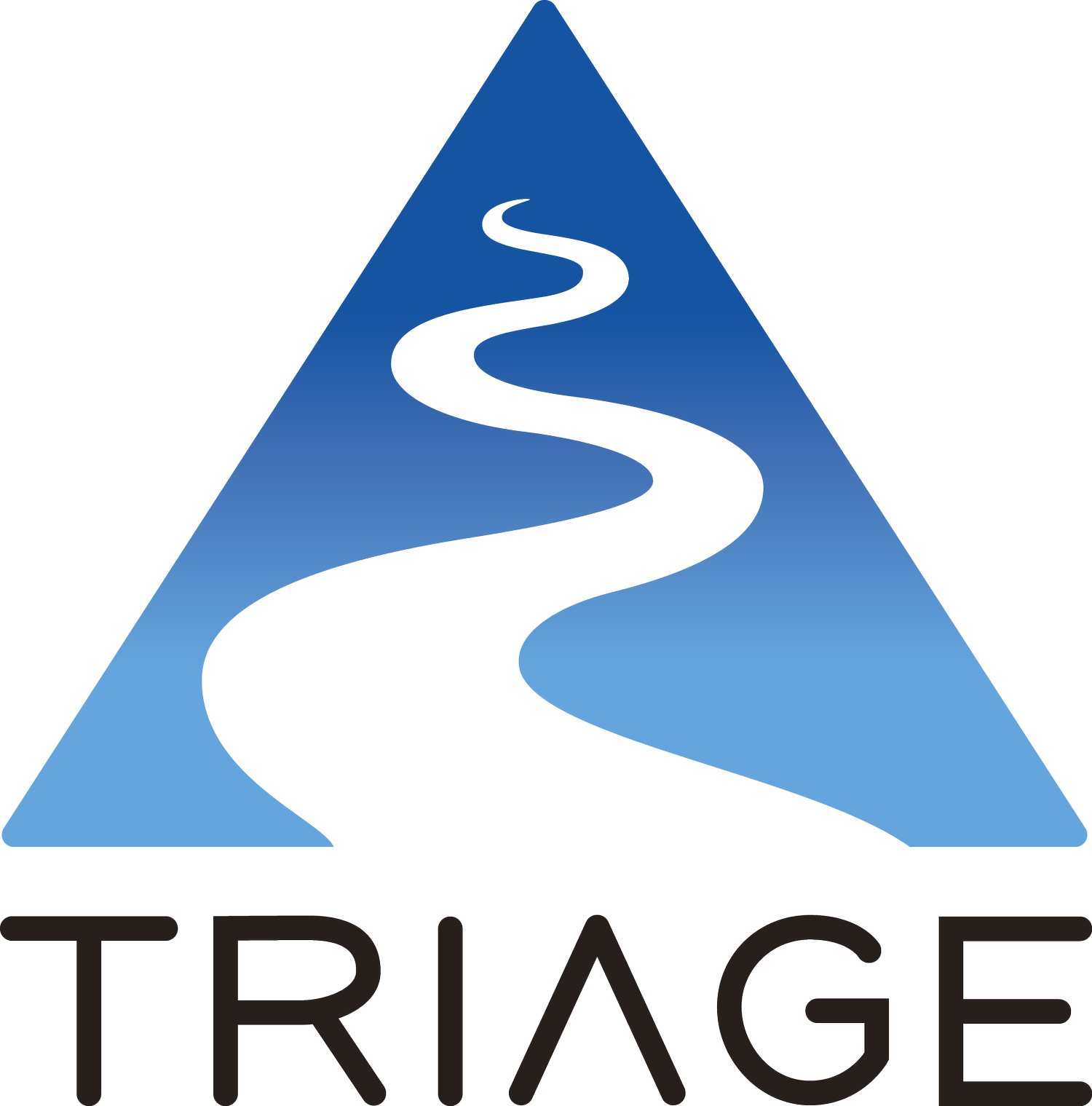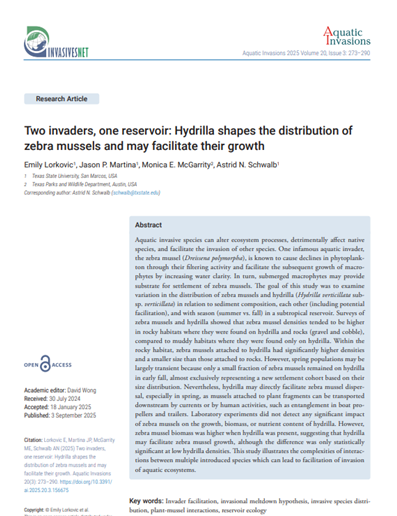
TRIAGE
Texas Research Institute for Aquatic and Groundwater Ecology
Welcome to TRIAGE
Freshwater only represents around 2.5% of the total water on earth and is therefore an important and limited resource for both organisms and human societies. Freshwater ecosystems are currently facing myriad unprecedented and substantial issues: increased water use for human needs, the introduction of non-native species, alteration of natural flow regimes, watershed land use changes, overexploitation of biological resources, inputs of pollutants and nutrients, and global climate change. Individually and cumulatively, these issues pose substantial challenges for the future of clean and sustainable freshwater and persistence of aquatic communities.
Our Mission
The Texas Research Institute for Aquatic and Groundwater Ecology (TRIAGE) was established in 2020 as a research effort cooperative among academic, government, and non-governmental scientists to conduct research on freshwater ecosystems and their biological communities, utilize research results to help solve important issues, support long-term field studies and modeling efforts, and develop decision support tools for scientists, resources managers, and the public.
The Research Group
TRIAGE is housed at Texas State University but has participating members across North America and aims to make TRIAGE a leading freshwater sciences research entity in Texas, the United States, North America, and the world.
NEWS
〰️
NEWS 〰️
New publication alert!
Aquatic invasive species can have vast detrimental effects on aquatic ecosystems. The recently published study “Two invaders, one reservoir: Hydrilla shapes the distribution of zebra mussels and may facilitate their growth” illustrates the complexities of interactions between multiple introduced species which can lead to the facilitation of invasion of aquatic ecosystems. The infamous zebra mussel is known to cause declines in phytoplankton through their filtering activity and to facilitate the subsequent growth of macrophytes by increasing water clarity. With field surveys and laboratory experiments, the study revealed that hydrilla may facilitate zebra mussel growth and zebra mussel dispersal especially in spring, as mussels attached to plant fragments can be transported downstream by currents or by human activities, such as entanglement in boat propellers and trailers. This study was the MS research project of Emily Lorkovic at the Biology Department of Texas State University. It was part of the efforts by TRIAGE in collaboration with Texas Parks and Wildlife and funded in part by the US Army Corps of Engineers’ Aquatic Nuisance Species Program’s focus on Next Generation Ecological Modeling.



